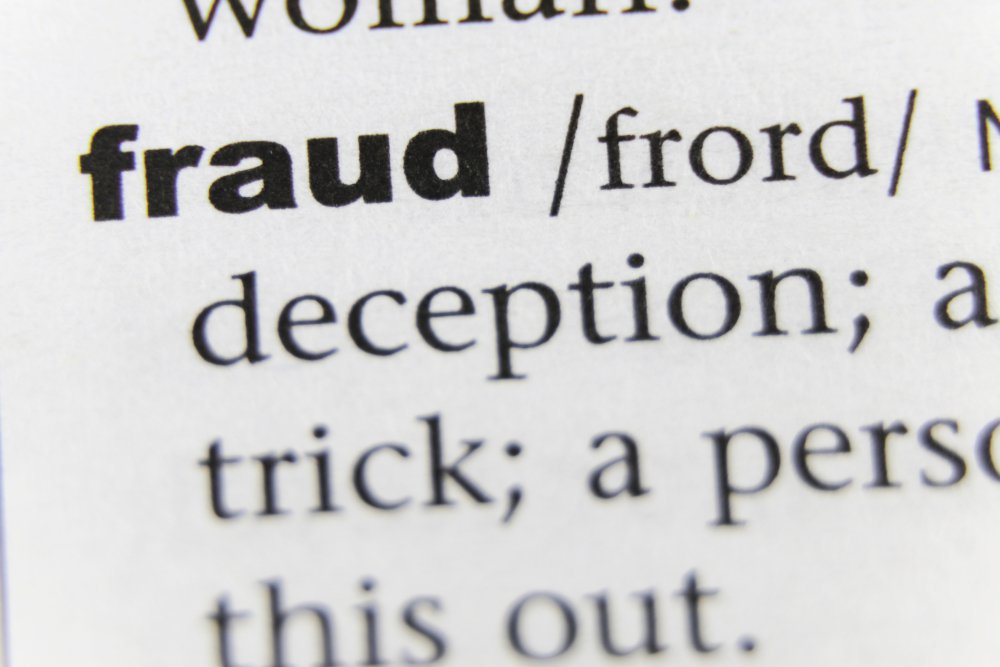The types of professional liability insurance policies businesses can buy are generally claims-made or claims and reported policies. In this article, we’ll define the different types and go into more detail about how the law applies to them.
Under claims-made policies, you usually must make a claim within one year to receive coverage. The person who has a complaint must file a claim, such as a lawsuit, against the professional involved – it’s not just a matter of giving notice or anything else.
In occurrence-based claims, the event that led to the claim must have happened during the policy period. Claims involving environmental accidents, such as hazardous chemical spills, are an example of an occurrence-based rather than a claims-made policy
You must make claims-made and reported claims during the policy period and communicate them to the insurance company within the desired timeframe to get coverage.
Regardless of the type of claim involved, be careful. Any insurance lawyer will tell you that the first place any recovery matter analysis begins is with the policy. You need to determine the type of claim you’re dealing with and when you must make it.
What Are Common Types of Claims-Made Coverage and Their Benefits?
Some typical examples of claims-made coverage include:
- legal malpractice
- medical malpractice
- employment practices liability insurance (EPLI)
- brokers errors and omissions or malpractice
- directors and officers liability
- media liability
- cyber – this covers data breaches and protection
As a result of having claims-made coverage, you can get lower premiums and coverage for acts and omissions that occurred before the effective date of the policy. For the insurer, the benefits include a greater underwriting risk that lets them make prices more competitive. For example, cyber insurance is really “hot” right now. It’s being sold at very competitive rates, often for a few thousand dollars, which costs much less than an EPLI or legal malpractice policy, depending on the type of business you own.
What Is a Claim?
Before you make a claim, you should know what constitutes one. Not everyone recognizes the difference, which may make some professionals fail to notify their insurers if they have a potential claim and cause problems.
To start, it’s important to read your policy and the definitions outlined in it to understand the policy, such as what is and isn’t covered and reporting and notice requirements.
Under the law, the definition of an insurance claim varies from state to state. Claims aren’t just lawsuits. In New York, a claim is typically a demand for money or services as damages for conduct the insured (the professional) caused. The demand can be implied and doesn’t have to be a definite assertion, as long as the client requests money or services.
Even if you don’t know if you have a valid claim, you should report the incident to your insurance company.
What’s the Difference Between a Claim and a Complaint?
When you get a complaint, it’s easy to dismiss it. By itself, a complaint without a “call to action” doesn’t constitute a claim; there’s a gray area. For example, when a lawyer has failed to do something that results in some prejudice in a client’s case or matter and the client asks the lawyer to fix it — that’s a call to action. The client is asserting a right to have the lawyer handle the matter professionally and carefully. That may constitute a claim. If you’re not sure, it’s worth getting a second opinion.
In a recent webinar on this topic, together with seasoned trial lawyer Matt Conroy, we went into more detail and used more examples of different state laws for defining claims and the urgency of reporting them sooner rather than later.
Learn more in our free webinar on professional liability insurance coverage.
And, if you need help with your insurance claim, contact Schwartz, Conroy & Hack, PC today.
Evan S. Schwartz
Founder of Schwartz, Conroy & Hack
833-824-5350
[email protected]


